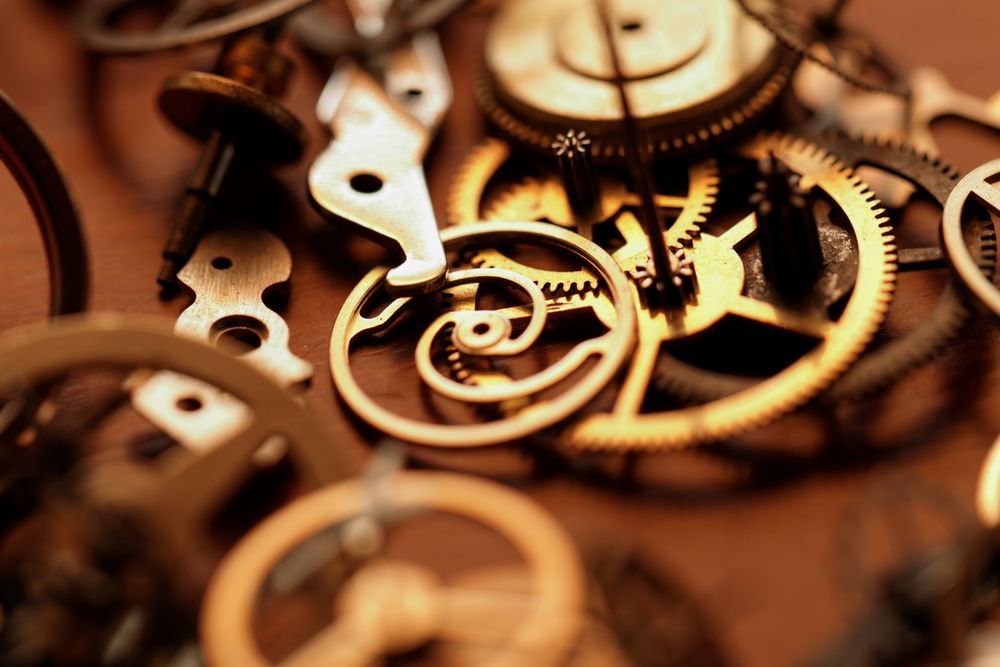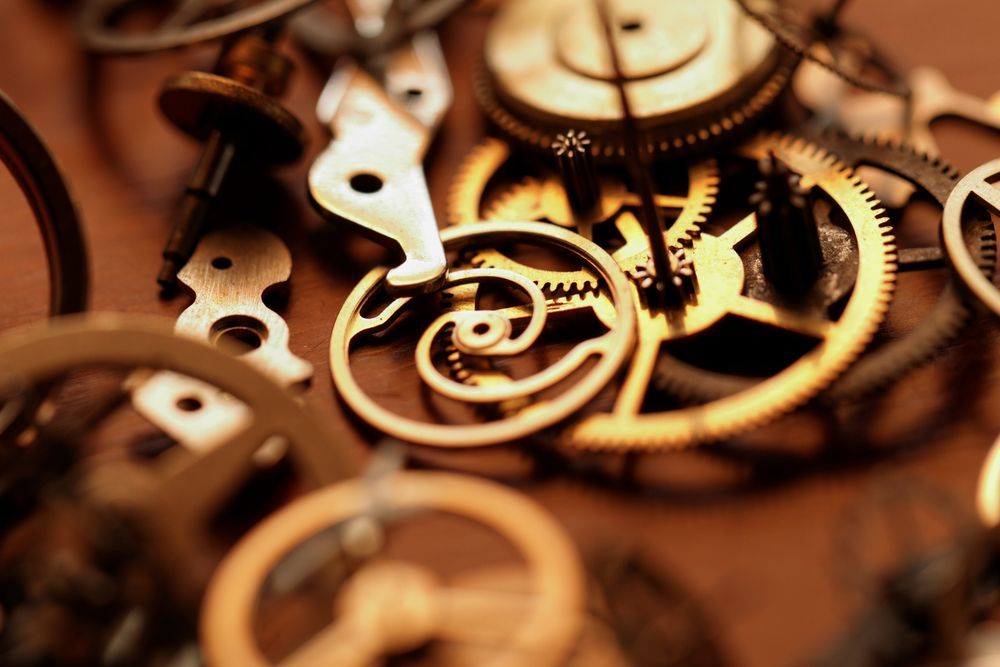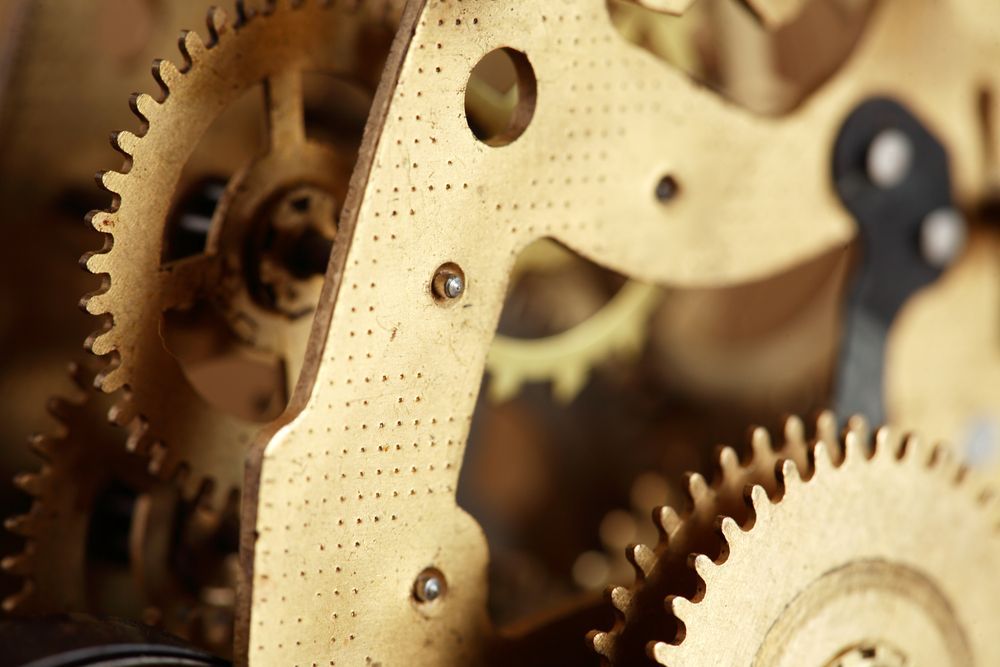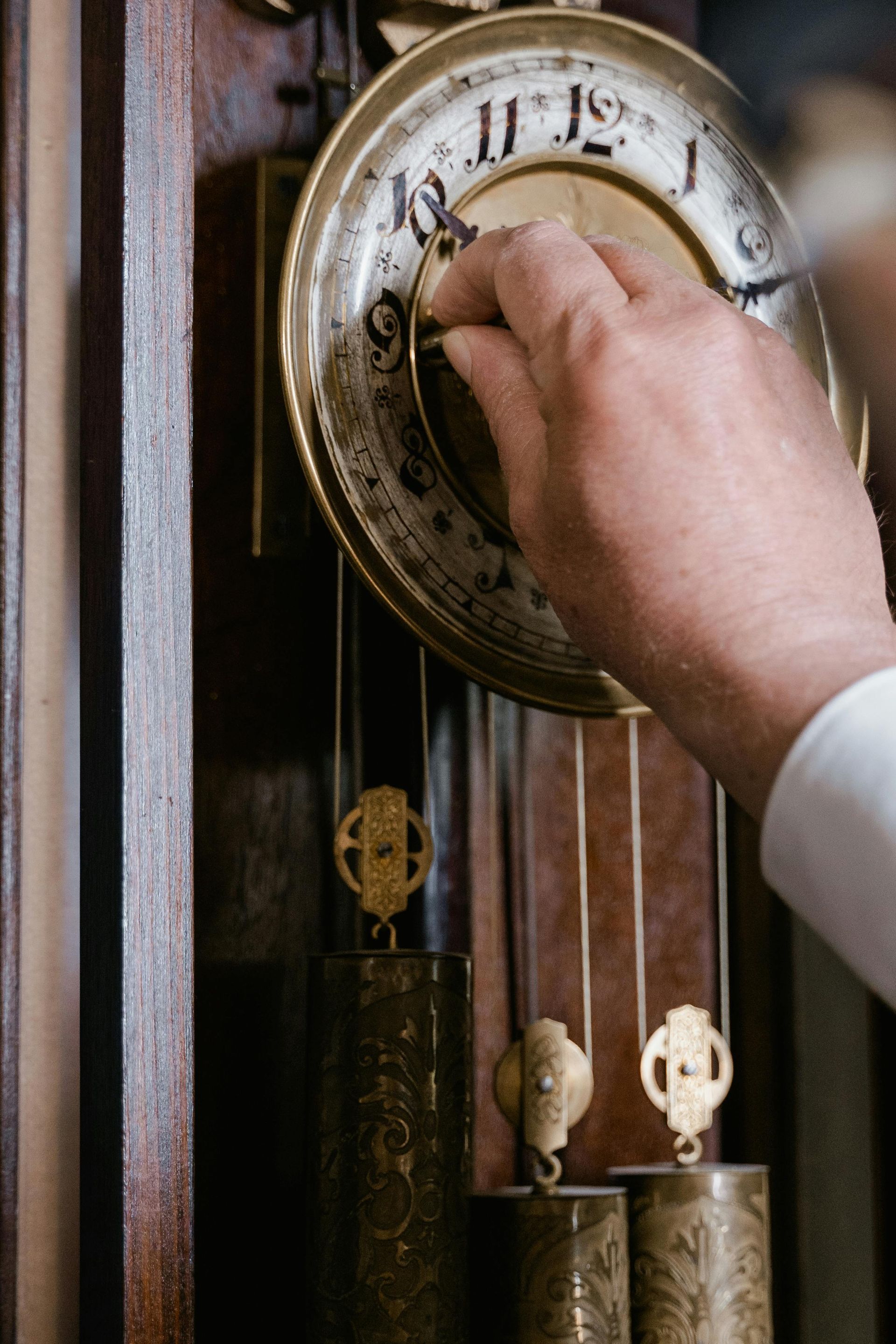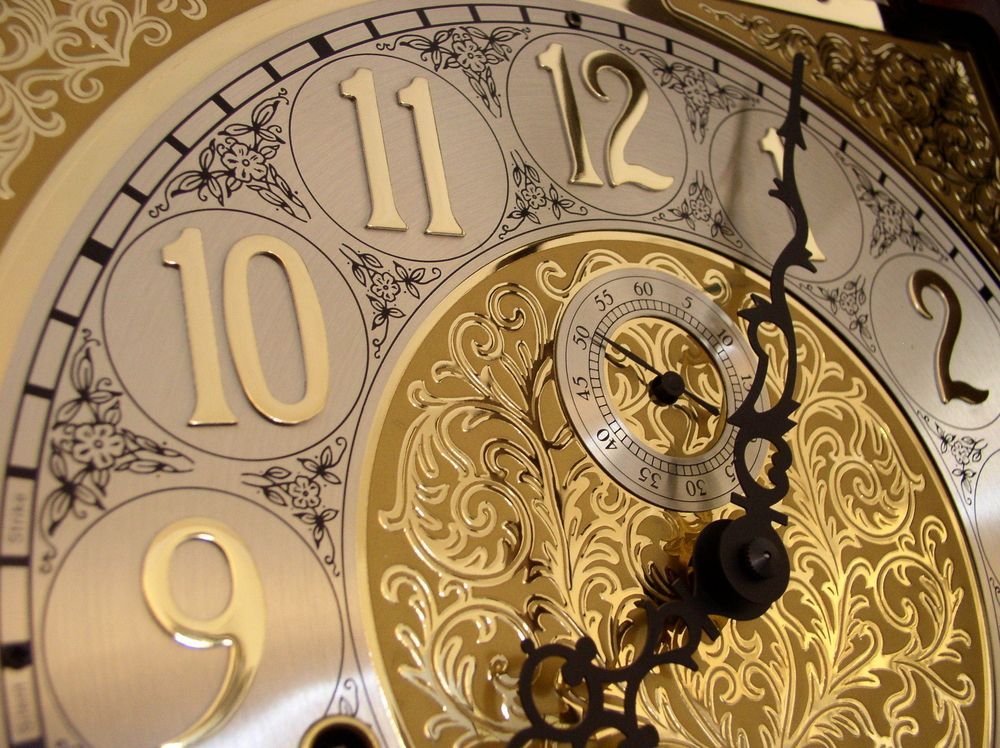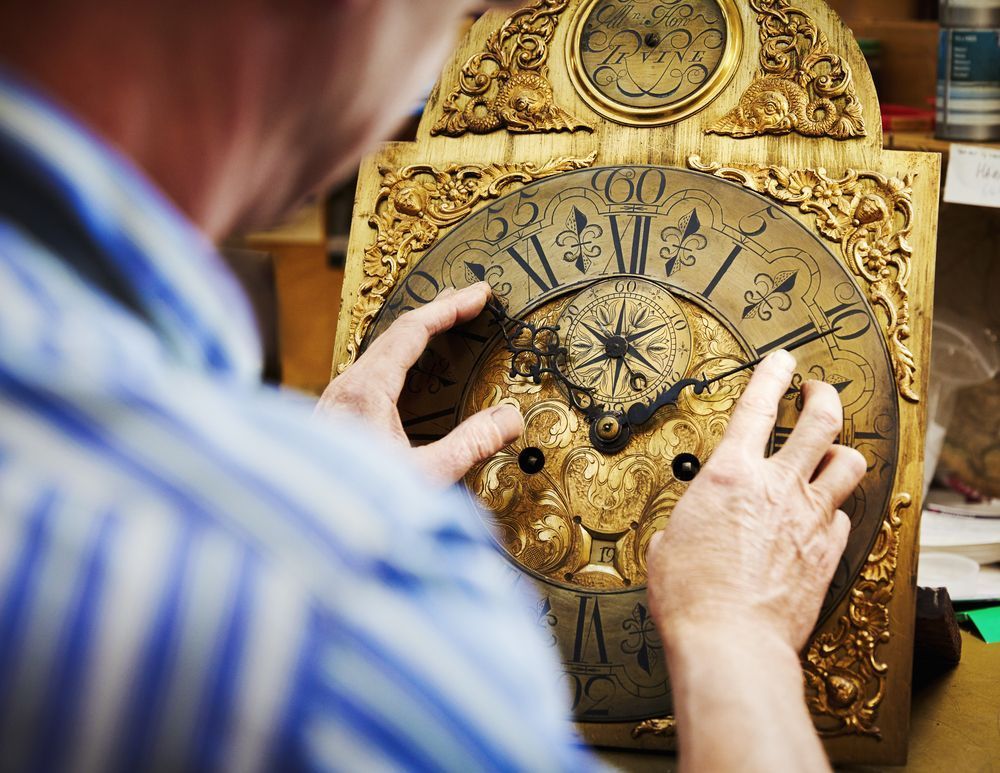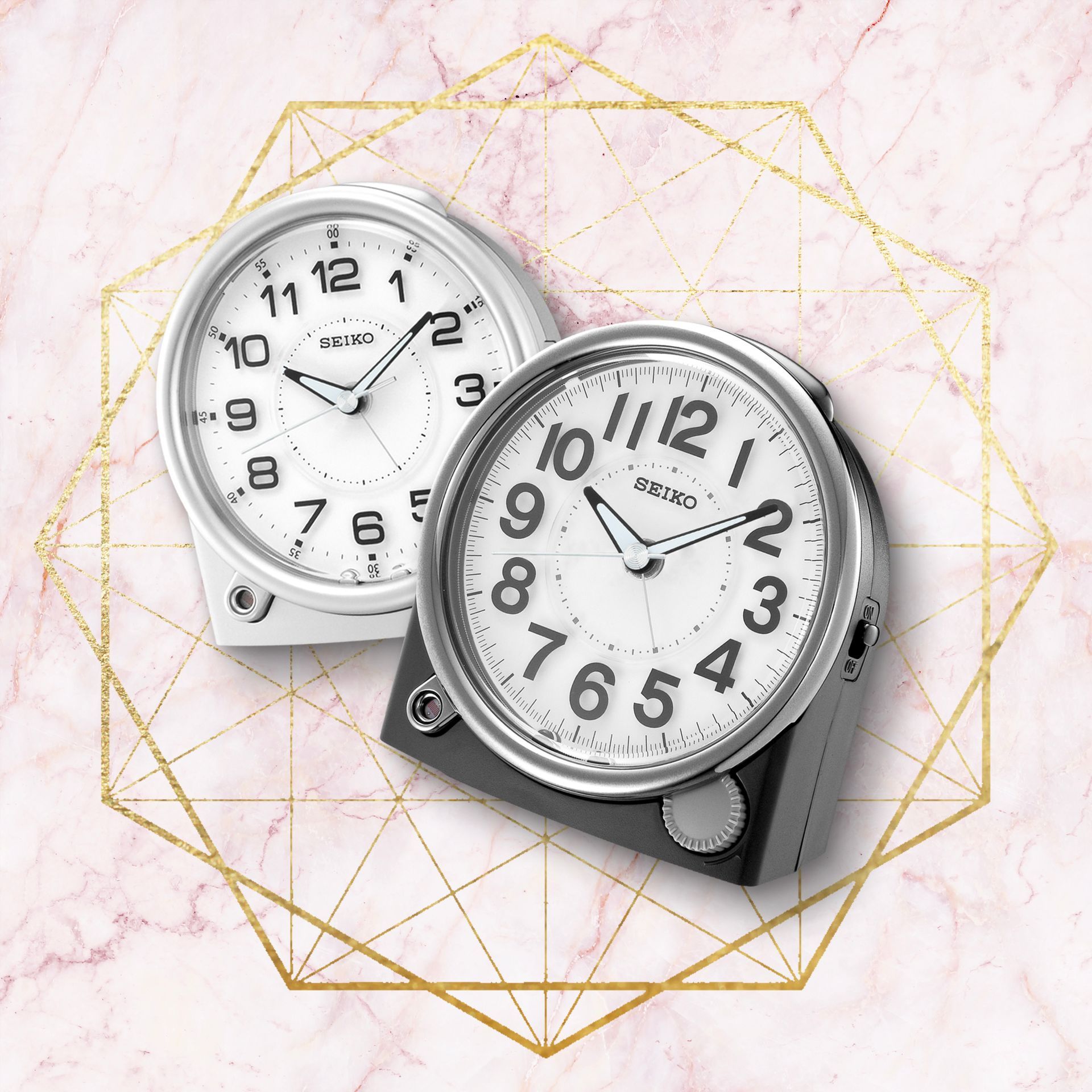Why Ignoring Maintenance Can Harm Your Grandfather Clock Value
A grandfather clock is more than just a timepiece; it is a statement piece that represents craftsmanship, heritage, and, in many cases, family tradition. Whether you own a contemporary model or a cherished antique, maintaining your grandfather clock is crucial for preserving its functionality and ensuring it retains its value over time. Ignoring routine maintenance can lead to mechanical failures, diminished aesthetic appeal, and a significant decrease in your grandfather clock's value.
The Connection Between Maintenance and Clock Value
Grandfather clocks are intricate devices, often featuring complex mechanisms that require precise care. When properly maintained, these clocks can last for generations and even appreciate in value. Neglecting maintenance, however, can turn an elegant family heirloom into a non-functioning piece of furniture with little market appeal.
Clock collectors, antique dealers, and appraisers all emphasize the importance of upkeep when determining a grandfather clock's value. Wear and tear on moving parts, dust accumulation, and lubricant degradation can all compromise your clock's performance. Even minor issues left unaddressed can eventually cause irreparable damage, significantly reducing your clock's resale or appraisal value.
How Poor Maintenance Affects Grandfather Clock Functionality
Failing to maintain your grandfather clock leads to several mechanical and aesthetic issues that can hurt its value:
1. Dust and Dirt Accumulation
Over time, dust accumulates inside the clock's movement, hindering its gears and slowing its precision. This grime can create friction, resulting in wear and tear on delicate parts. If left untreated, this buildup can cause the clock's mechanism to seize altogether.
2. Worn-Out Lubrication
Proper lubrication ensures your grandfather clock's gears and pivots move smoothly. Without regular oiling, friction between metal parts increases, leading to excessive wear and eventual failure. Once parts are damaged, replacing them can be costly and may require rare or custom components.
3. Chain and Cable Malfunctions
Grandfather clocks that use chains or cables to control the weights can experience fraying, tangling, or breakage. Over time, these issues will prevent your clock from keeping proper time or striking correctly.
4. Damage to the Pendulum and Weights
The pendulum is essential to your clock's timing mechanism. If it becomes misaligned or unbalanced due to dust buildup or environmental factors, the clock will lose its precision. Damaged weights can also compromise your clock's ability to function correctly.
5. Warped Wood and Cracked Glass
Environmental factors like humidity, temperature fluctuations, and neglect can lead to warped wood or cracked glass. These aesthetic issues can drastically reduce your grandfather clock's value and desirability.
Maintaining Your Clock to Preserve Its Value
Routine maintenance is the best way to protect your grandfather clock's longevity and ensure it maintains its financial value. Follow these essential tips to keep your clock in top condition:
1. Regular Cleaning
Dust your grandfather clock's exterior weekly with a soft microfiber cloth. Avoid using harsh chemicals that could damage the wood or finish. For the interior, periodic professional cleaning will prevent dust from compromising the delicate inner workings.
2. Schedule Regular Oilings
A professional clock repair specialist should oil your clock's movement every two to three years. High-quality clock oil is essential to keep gears and pivots moving smoothly without excessive friction.
3. Monitor Environmental Conditions
Grandfather clocks are sensitive to changes in temperature and humidity. Ideally, maintain indoor humidity between 35% and 55% to protect the wood casing and prevent warping or cracking.
4. Maintain Proper Alignment
Ensure your grandfather clock is placed on a level surface to maintain pendulum balance. An unstable clock may struggle to keep accurate time, causing additional mechanical strain.
5. Professional Inspection
Arrange for a professional inspection every five to ten years to identify potential issues before they become serious problems. An expert can ensure all components are properly adjusted and functioning as intended.
How Regular Maintenance Can Increase Your Clock's Lifespan
Proper maintenance can extend your grandfather clock's lifespan by decades or even centuries. Each component within your clock was designed with precision, but without routine care, these parts will wear down faster than they should. Maintenance ensures that small issues are addressed early, preventing costly repairs or part replacements down the road.
Moreover, well-maintained clocks retain their aesthetic appeal. Clean glass, polished brass, and properly finished wood ensure your clock continues to stand out as an elegant showpiece in your home. This not only enhances the enjoyment of your timepiece but also preserves its value for potential future sales or appraisals.
By establishing a maintenance routine, you increase the likelihood that your grandfather clock will continue to function with precision and charm for generations to come. Whether you plan to pass it down as a family heirloom or sell it to a collector, a well-maintained clock will command a higher value than one that has been neglected.
Protect Your Grandfather Clock Value with Expert Care
Ignoring maintenance can have devastating effects on your grandfather clock's value, functionality, and aesthetic appeal. From mechanical wear to environmental damage, neglect can drastically diminish what was once a valuable investment.
At Chicago Clock Company, we specialize in expert clock repair, battery replacement, and clock sales. Our professional team offers free estimates while you wait, ensuring your cherished timepiece gets the care it deserves. Don't let neglect diminish your clock's value—call us today to
schedule an appointment and keep your grandfather clock running beautifully for years to come.


